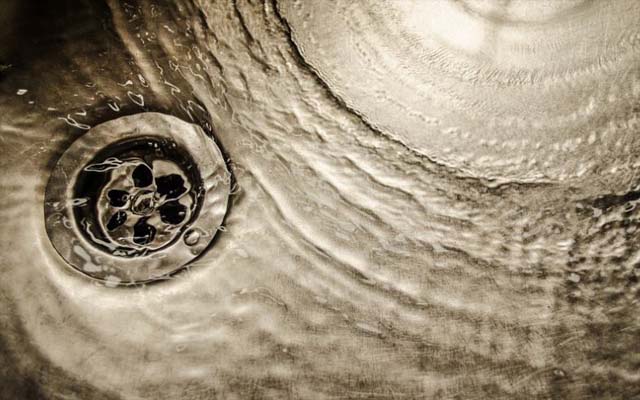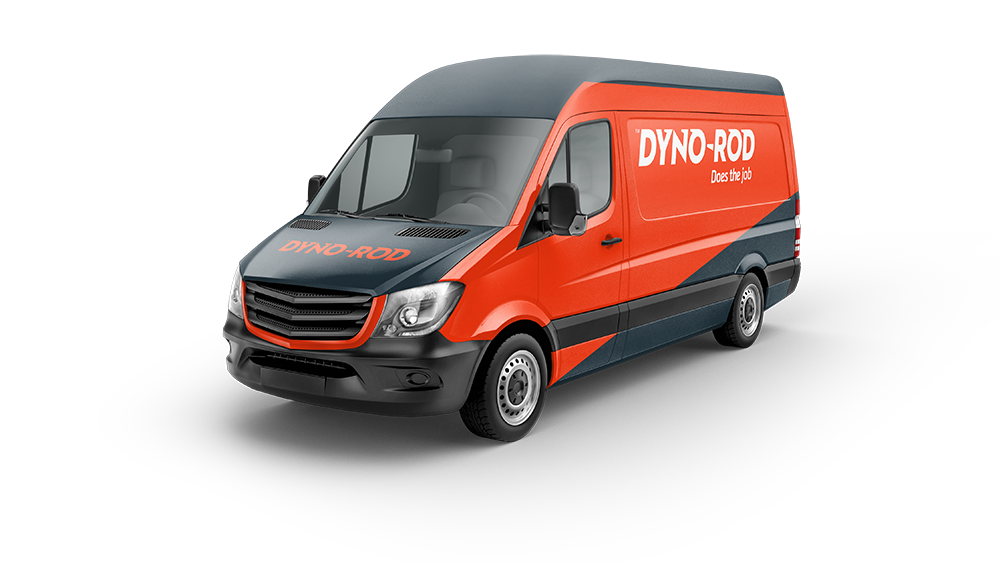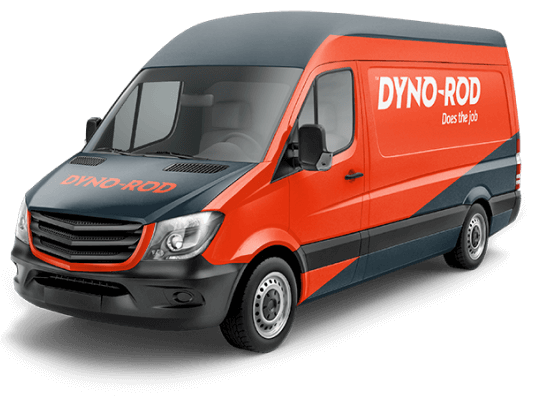What Causes Blocked Drains and How can I Prevent This
What causes blocked drains in your home? Unfortunately, many drain blockages are caused by structural problems like bad joints, sags or poor gradient which Dyno-Rod can fix for you. However, drainage issues also occur in perfect pipework caused by certain items, liquids and materials that either causes a blockage themselves or create the conditions to form a blockage later. So if your drains are in great condition but especially if you have some structural problems, there are some simple things you can do to reduce the risk of blockages in the home.
What Causes Blocked Drains in the Shower?
We’ve all (unfortunately) witnessed the clumps of hair that can accumulate around the shower drain. The trap in the shower outlet will catch most of this, but there is often still an amount that makes its way into the pipes. This can easily cause blockages when combined with chemicals from cleaning products such as soaps and shampoo. Some chemical drain cleaning products can tackle these blockages, although it’s best to do your research as some of these are ineffective or even harmful. Keep an eye on the trap in the shower outlet and clean it regularly to minimise the chance of anything passing downstream. If you need help unblocking your shower drains, feel free to give us a call.

The Toilet
Toilet drains can block easily. They’re much narrower than most people think. Any object larger than toilet tissue is unsuitable for flushing. The biggest culprit we’ve seen in recent years are baby wipes. The majority of these products are unsuitable for flushing — even when their packaging implies otherwise. These wipes are strong, fibrous and don’t break down easily. This means that they easily snag and attach to pipes, and they’re hard to remove once they do. They can very quickly cause havoc on your domestic drains and also the municipal drainage system. If you use these towels, it’s best not to flush these but instead use a bin for disposal.
The Kitchen
The most common cause for blockages in the kitchen sink is due to grease, fat and food particles. It’s important to avoid pouring oils or fats down the drain. If you pour grease down the drain, it hardens as it cools and doesn’t travel very far before it begins to cling to the drains. You can help reduce this. When you finish cooking with a pan, try to put most of the oil and fat in a disposable container and dispose of it in the rubbish bin. Food particles should be removed from plates, dishes and pots prior to washing. We don’t mean rinsing them down the sink before putting them in the dishwasher! Scrape what you can into the bin and use a strainer on the plughole to catch what you miss. Food particles in your drain are also very appealing to furry friends who cause other problems once they are there.
Even if you’re careful not to allow oils or food particles down the drain, small amounts can gradually accumulate, coating the pipes or filling the grease trap. Using a plunger or chemicals, might unblock the pipe but won’t remove the grease that is clinging to the walls of the pipe and will lead to more blockages. If you want to thoroughly clean the system we can do so with high-pressure water jetting or other systems.
If you have blocked drains in your home and you’re looking for a solution, you can reach us today on 1800 437 246.


